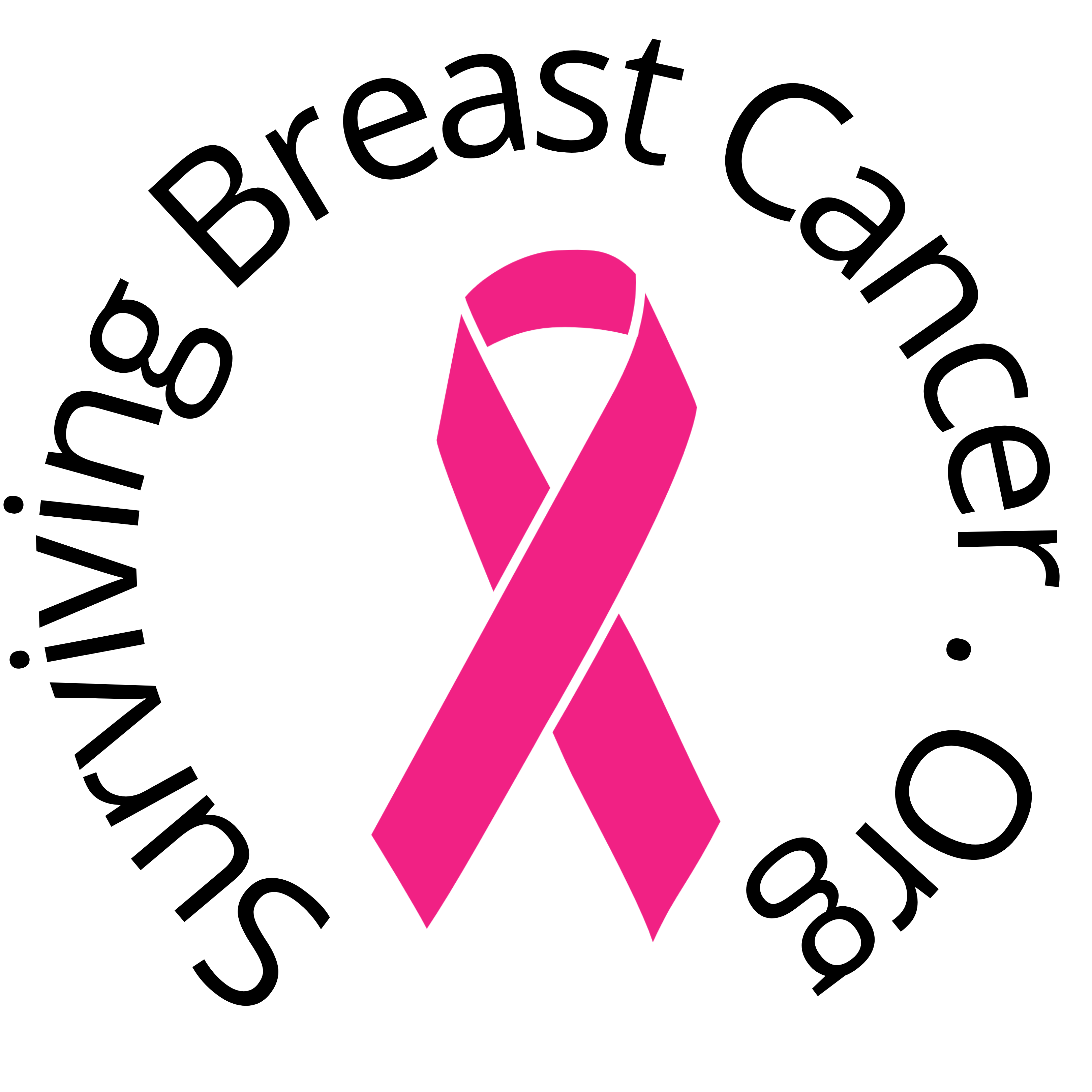
Nutrition After a Cancer Diagnosis

Key Takeaways
- Nutrition is crucial for managing health during and after cancer treatments, impacting gut health, immunity, and recovery.
- Strategies to alleviate treatment side effects include bland foods for nausea, small meals for appetite loss, and soft foods for mouth sores.
If you’re reading this, you recognize the importance of diet and nutrition after a cancer diagnosis.
As a Registered Holistic Nutritionist and someone who was treated for primary central nervous system lymphoma (PCNSL), an uncommon, aggressive and deadly type of non-Hodgkin lymphoma, I understand the critical role nutrition plays in managing health during and after cancer treatments. My cancer treatment involved five rounds of chemotherapy, another high-dose chemotherapy protocol prior to a full stem cell transplant, and radiation to my eyes five times per week for four weeks.
I lived for a period of time believing that I had no control over my illness. Now I know that I can have a positive impact through nutrition and lifestyle choices, as well as mindset.
My suggestions below aim to improve gut health, the immune system, energy levels, and rate of recovery. Nutrition can play a role in helping you recover from treatments, continue to thrive, and ultimately take control of your health.
Managing symptoms during treatment is a challenge. Here are some suggestions to help you get through this:
- For nausea, opt for bland, easy-to-digest foods such as bananas, apple sauce, crackers, and rice.
- For loss of appetite, focus on small, frequent meals that are nutrient dense such as smoothies, nut butters, and protein shakes.
- For mouth sores, choose soft, cool foods such as yogurt, smoothies, and mashed potatoes.
- Prioritize nutrient-dense foods.
- Choose whole grains for sustained energy and fiber.
- Lean proteins can support muscle and tissue repair.
- Healthy fats provide anti-inflammatory benefits.
- Drink plenty of water, herbal teas, and clear broths to avoid dehydration, which can worsen fatigue and other symptoms.
- Limit processed foods, refined carbohydrates, sugar, and alcohol.
While it’s best to get nutrients from whole foods, some may benefit from supplements due to dietary restrictions or increased nutritional needs. Always consult with a healthcare provider before starting any supplements to avoid interactions with treatments and medications.
In addition to these suggestions, a chart is included below to summarize the nutritional categories of food that are the most beneficial during and particularly ongoing after treatments.




